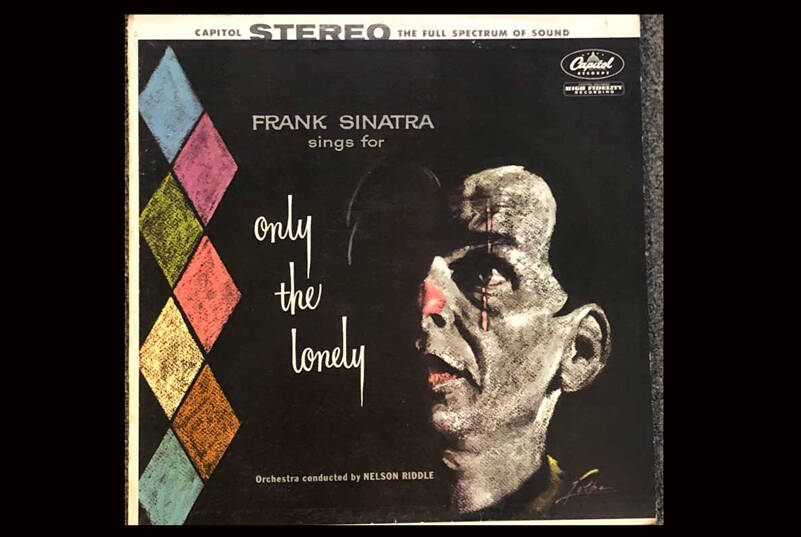By Morf Morford, Tacoma Daily Index
When it comes to almost every aspect of life, from time, to money, to attention to food, and virtually everything else, we do one of two things with it; we make use of it, or we waste it.
You may have heard the pop culture phrase from a decade or two ago – “Use it or lose it”.
“Use it or lose it” originally was used in fitness circles and had to do with muscles either being used, and therefore becoming stronger and firmer, or not being used and becoming more flaccid and weaker.
But “Use it or lose it”, of course, had, and still has, far wider applications.
This principle is perilously close to Newton’s First Law of Motion: A body at rest remains at rest, or, if in motion, remains in motion at a constant velocity unless acted on by a net external force.
In other words, something moving will keep moving and something sitting still will remain still – until something else, with more mass or momentum, intervenes.
It might not seem like it at first, but it would be hard to come up with a more basic business principle – or a more foundational understanding of how life, in every arena, works.
Pop culture
Consider any popular movement, product or belief system. A “popular” item or personality, is made even more appealing when others find it appealing. In other words, to paraphrase Newton, someone or something popular will stay popular – until, as Newton put it, something else pushes it away and takes its place. The corollary is also true; what (or who) is not popular will, for the most part, also stay that way.
In other words, marketing firms could learn a lot from the social ecosystems of any local middle school.
Businesses (and the rest of us) get some schooling
We currently inhabit a culture and economy where being a recognized “name” is all that matters. For many years now, we have had celebrities “famous for being famous” – talent, skill, dedication or even a base level of charm, integrity or decency all seem to have become optional. The Kardashian clan is only one example of this principle in motion.
For many “influencers” of our times, money and fame, as in Newton’s laws, follow the momentum. Fortunes are made, whether on Tik-Tok or Amazon (or anywhere else) based on how many others are paying attention to that particular brand of site or vendor.
No such thing as bad publicity
No such thing as bad publicity just means that any publicity is good publicity. From putative presidential candidates to pop stars from a generation ago, keeping one’s name in the headlines is the real full-time job – far more than any actual work or creative activity.
In our culture and economy, perhaps more explicit and deliberate than any other, Newton’s first law of pop culture and prosperity reigns with a vengeance.
The celebrity or political candidate who makes the most noise and generates the most “buzz” gets the most attention – and dollars or votes – than one that might actually be the most capable, skilled, honest and competent.
But in our culture and economy, we’d rather have the association or “impression” or even the illusion than the reality.
In marketing, for example, the ruling principle is “sell the sizzle, not the steak”. In other words, an effective marketer sells the idea, the anticipation and even the memory, far more than the actual item.
From presidents to cheeseburgers or pop stars, it’s the image and the idea that appeals most of all.
The most expensive restaurants, after all, don’t always have the best food – and they know that we don’t always go there for the menu items.
Never meet your heroes
There’s a familiar concept among the fans of celebrities – never meet your heroes. Whether they are your favorite musicians, actors or public figures of any sort, they almost certainly will not live up to your image of them – or the marketing that made them a public figure in the first place.
Almost any one of our heroes, from Thomas Jefferson to Tupac Shakur, to Kurt Cobain, and a thousand others, under closer inspection, fails to live up to our expectations. As with everything else, from food to presidential candidates to high tech billionaires, we might love and admire (or hate) them from a distance, but up close the reality might be very different from the larger-than-life view we have become accustomed to.
Just like you probably don’t really want to know how most of your food is grown/made/slaughtered/handled or prepared, you probably don’t want to know what your favorite personalities are really like.
Fast food is us
Consider, for example, America’s (if not the world’s) most well-known fast food chain. Famous for its “golden starches”, and for its claim that it is the “first job” for millions, the actual food, and service and general ambience, is second rate, at best, but millions of us go there on a regular basis anyway. Children memorize their logos and jingles, and their over-priced grease, salt and sugar conglomerations are what passes for food for a generation (or two).
As with almost everything else in our near purely commodified culture,we go to places like that, not because we like them, but because we always have, and everyone else does.
With its plastic and nearly indestructible furnishings, gimmicks and fictional super-hero-inspired trinkets, the actual menu is far from the minds of most customers – especially the young ones.
In other words, food, and our entertainment choices (and even a few political choices) are more a result of habit than anything else, and as Newton pointed out, it takes an “external force” (and perhaps a bit of internal determination) to step beyond the familiar.
After all, doing something because everyone else is doing it is not quite the call of freedom we might have thought it was.





